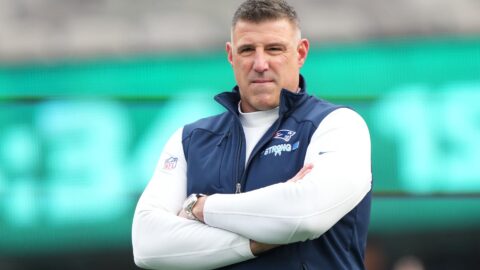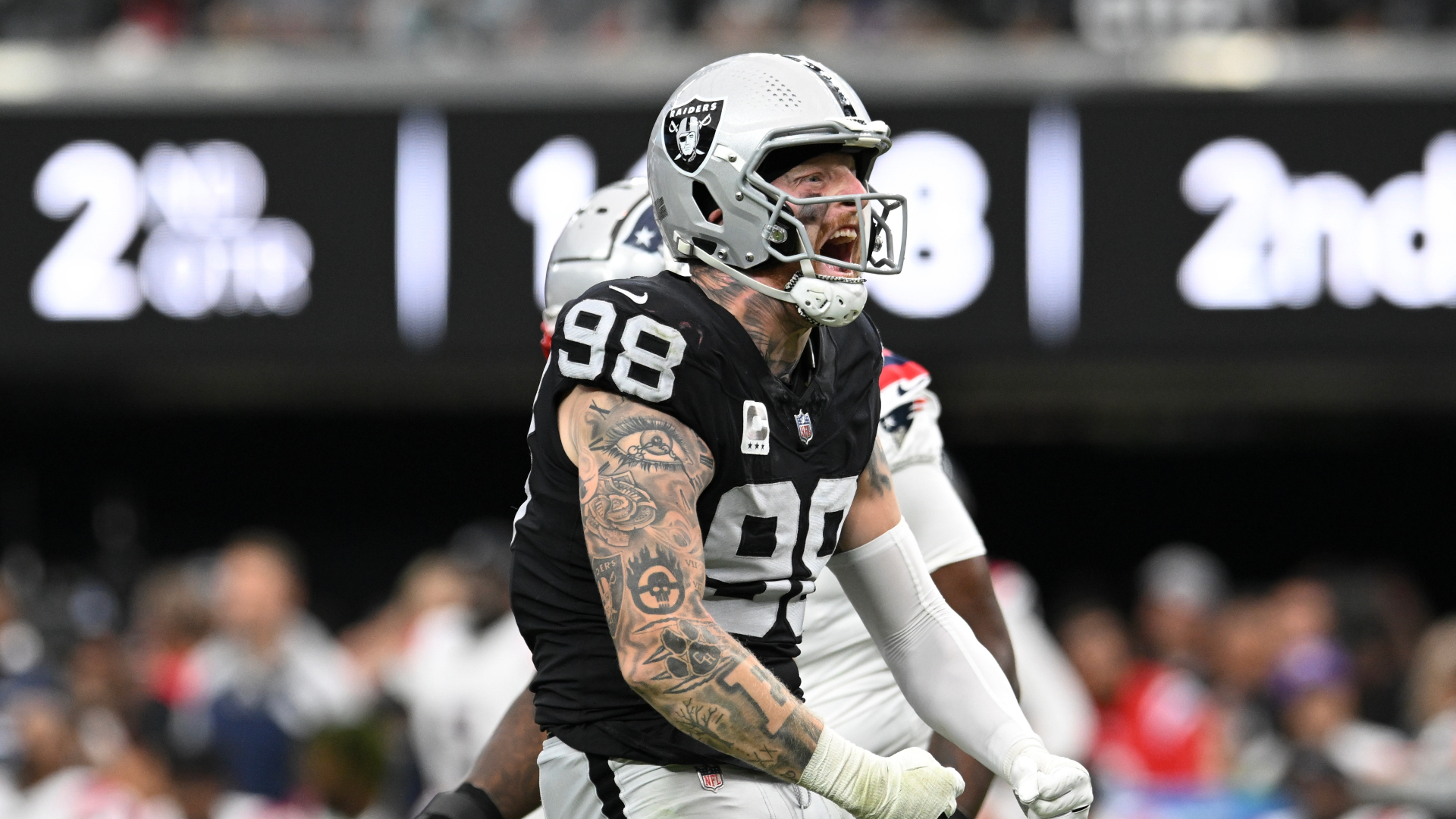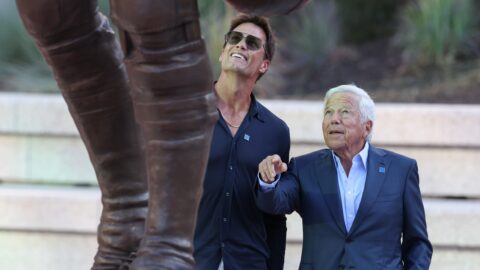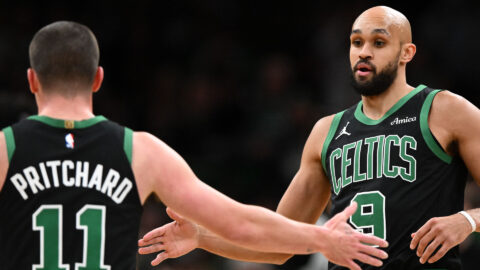The storyline involving LeBron James and The Decision was so tidy, it's no wonder NBA supporters and detractors alike embraced it last season.
James, the best individual basketball player on the planet, spurned the relatively small-market Cleveland Cavaliers for the glamorous Miami Heat, and teamed with Dwyane Wade and Chris Bosh to reach the NBA Finals.
The danger of losing a superstar player for nothing in free agency spooked the Denver Nuggets and Utah Jazz last year into trading Carmelo Anthony and Deron Williams, respectively, and it's done the same this year to the New Orleans Hornets and Orlando Magic in their dealings with Chris Paul and Dwight Howard.
The backlash from fans and small-market owners has involved the loss of something called "competitive balance." The term, which became popular late in the NBA's collective bargaining negotiations, implies that the freedom of player movement leaves just one or two teams able to contend for a championship.
The trouble is, there is little proof that this is the case.
Spending freely on another team's superstar has, in fact, had the opposite effect in the NBA of late. The Heat and Celtics, who armed themselves with megastars for finals runs, have been the outliers, the exceptions that prove the rule that title contenders in the past 10 to 20 years have been built largely through the draft and trades.
Of the 22 finalists since 2000, 17 either drafted their best player or traded for their best player early in his career. The obvious exceptions are the 2000, 2001 and 2002 Lakers (Shaquille O'Neal, although it can be argued Kobe Bryant was their best player in the 2000-01 season) and the 2002 and 2003 Nets (Jason Kidd, whom New Jersey traded for in the eighth year of his career).
The Celtics built their finals runs on sign-and-trades for Kevin Garnett and Ray Allen to aid Paul Pierce, of course, and one could argue latecomers Chauncey Billups or Rasheed Wallace were the best players on the 2004 and 2005 Pistons teams, not Richard Hamilton or Ben Wallace. But those team-first squads seldom get lumped in with the me-first generation of James, Anthony, Paul et al.
More typical of recent success, the Spurs built three title teams during the decade almost entirely via the draft and complementary free agent signings, the Mavericks have made two finals appearances with Dirk Nowitzki and even the Lakers have surrounded 1996 draft-day acquisition Kobe Bryant with original Lakers Andrew Bynum, Jordan Farmar and Derek Fisher. L.A. also added All-Stars Lamar Odom and Pau Gasol in trades, not in free agency.
Even in bulking up through more traditional means, the result has been wider, not narrower, competition for championships. Twenty different franchises have made conference finals appearances since 2000, and almost half of those teams are usually described as being from small markets (Oklahoma City, Orlando, Denver, Cleveland, San Antonio, Utah, Indiana, Minnesota, New Jersey, Sacramento, Milwaukee and Portland).
The NFL, the supposed pinnacle of parity, has had 21 different teams in its conference championship games since 2000.
(Major League Baseball, which we always hear is too top heavy with the Yankees and Red Sox, has actually had more than either the NFL or the NBA, with 23 different teams in the ALCS or NLCS in that span.)
Player movement certainly has an effect. By effectively forcing the Hornets to trade him, Paul may help make the Clippers a force overnight. If Howard ends up with the Nets, who are preparing to move into a new facility in Brooklyn, the new New York team might become a stronger title contender than the old New York team.
Superstar players don't hurt competitive balance by dictating their destinations; they merely change it.
Assuming Paul and Howard end up at their desired locales, 10 teams will harbor somewhat realistic hopes of winning the championship in 2012. That's more than the number who could dream of upsetting the Celtics, Lakers, Pistons, Bulls or Rockets for most of the 1980s and '90s, and it's way more than the number of NFL teams that have a believable shot to beat the Packers this season.
Most of the Packers players, however, didn't enjoy absolute control over where they would play. If the Heat and Knicks meet up in the Eastern Conference Finals next spring, every star save Wade would have joined his team via free agency or a sign-and-trade.
The lack of organizational control over the players seems to be most people's underlying problem with the system, and that's a valid argument. It would be nice, though, if we didn't cover it in a veil of "competitive balance" and pretend that we're sticking up for the little guys in Cleveland and New Orleans.



